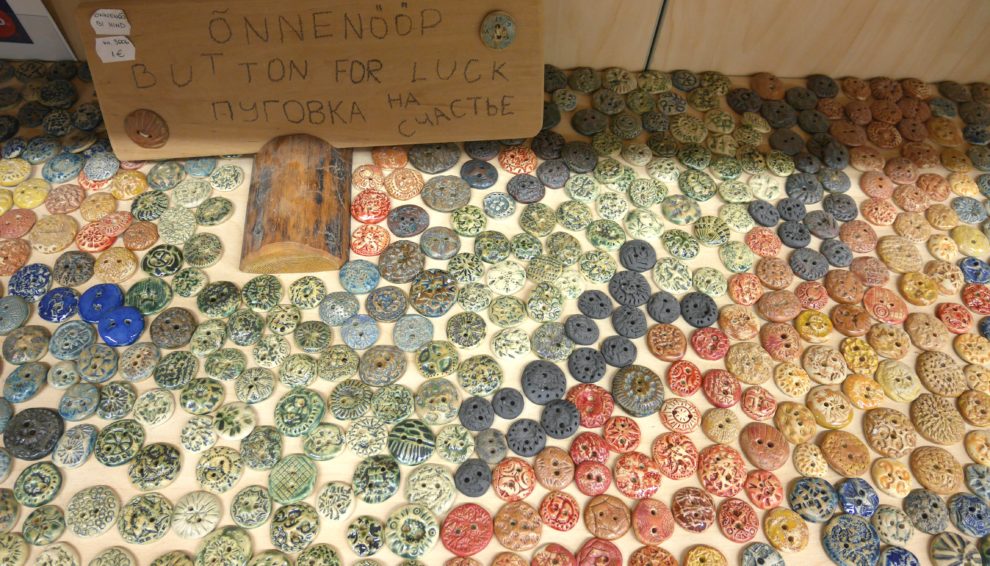
29.10.2018

Years ago, most of special welfare worked almost like farms, with lots of people and not enough activities. The teachers and parents involved in the Tartu Maarja school decided that they didn’t want to follow the old ways. The Maarja Village combines Estonian traditions with special education and conventional wisdom.
Ly Mikhem has been leading the Maarja Village since 2003. “I worked as a teacher in special education for 14 years, but then I took a break and got a job in the private sector. I learned much of the inner workings of business enterprises, but I also realized that working in this field is not what my heart desired. When I saw a job ad for a director for the Maarja Village in 2003, I immediately contacted them. So, here I am,” laughs Ly, as we settle down in the cosy café of the Maarja Village.
In this village, people with special needs live their lives in an ordinary environment and they have to take care of themselves. The lives of the 30 people living in family homes very closely resemble those of ordinary people – you wake up, you take care of your hygiene and food and leave the house to go either to school or to work. The domestic work has also been spread out, so every day one person takes care of the house chores and outside work.
Another thing that makes the Maarja Village so special is its cooperation with the Räpina School of Horticulture, which has been going on for over 10 years now. “All the residents of our village have graduated from basic school and we believe in development. Thus, we believe that each person should learn a profession. Horticulture is a part of our everyday life. We have a field, vegetable plots and greenhouses. Since someone has to take care of all of it, it seemed only logical to contact the Räpina School of Horticulture. They accepted our first group of students with open arms and later on, the curriculum was developed,” says Ly.
“I am often asked if Estonian have become more charitable. Yes, every year we get more and more people who find an area of interest and support it. From the construction of the first buildings, most of the resources have been collected through the local branches of Lions Clubs International and Rotary International. They visit us, are aware of the situation and belong to our community.”
Webpage: Maarja Küla
Photo: Arengukoostöö Ümarlaud
There is growing consensus that economic growth is not sufficient to reduce poverty if it is not inclusive and if it does not involve the three dimensions of sustainable development – economic, social and environmental. Fortunately, income inequality has been reduced both between and within countries. At the current time, the per capita income of 60 out of 94 countries with data has risen more rapidly than the national average. There has been some progress regarding creating favorable access conditions for exports from least developing countries as well.
To reduce inequality, policies should be universal in principle, paying attention to the needs of disadvantaged and marginalized populations. There needs to be an increase in duty-free treatment and continuation of favoring exports from developing countries, in addition to increasing the share of developing countries’ vote within the IMF. Finally, innovations in technology can help reduce the cost of transferring money for migrant workers.
The Sustainable Development Goals are the blueprint to achieve a better and more sustainable future for all.
Read more about SDG 10 – Reduced Inequalities
This publication has been produced with the financial support from the Nordic Council of Ministers. The content of this publication is the sole responsibility of the coordinators of this project and do not necessarily reflect the views or policies of the Nordic Council of Ministers.
Kommentaarid